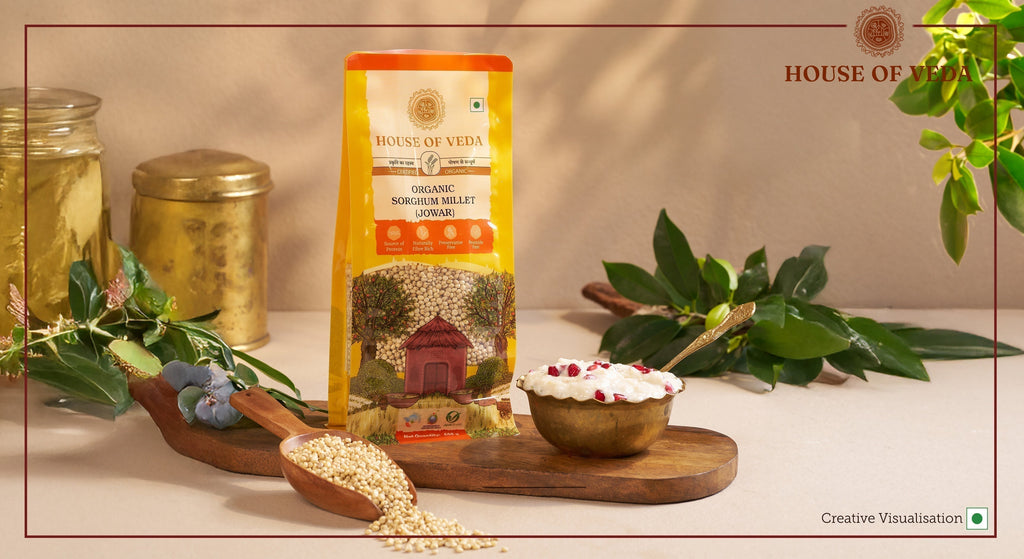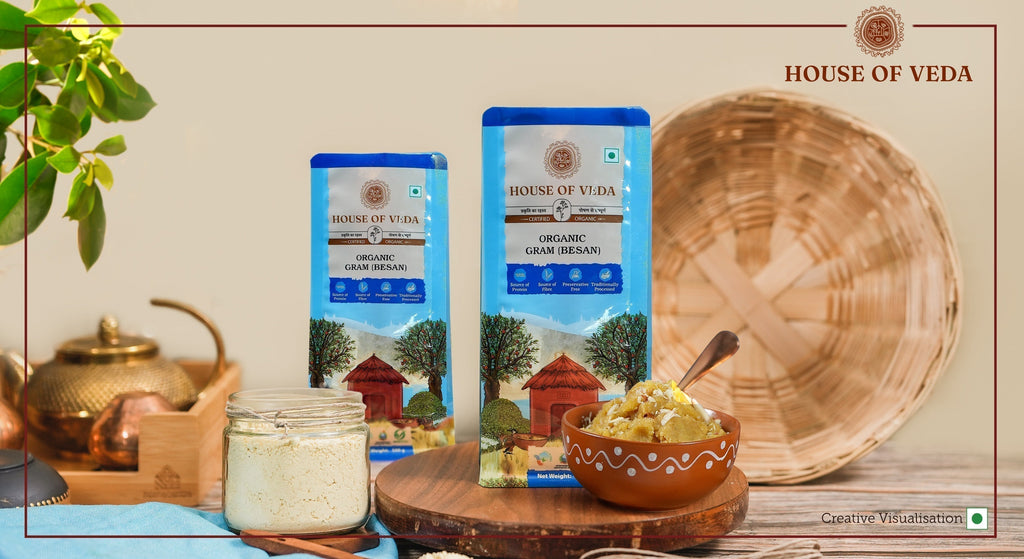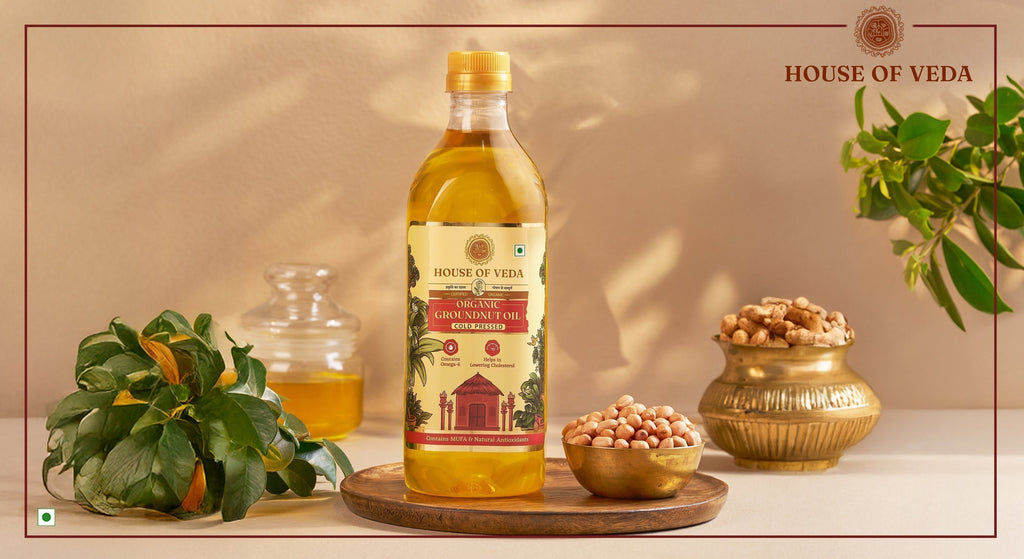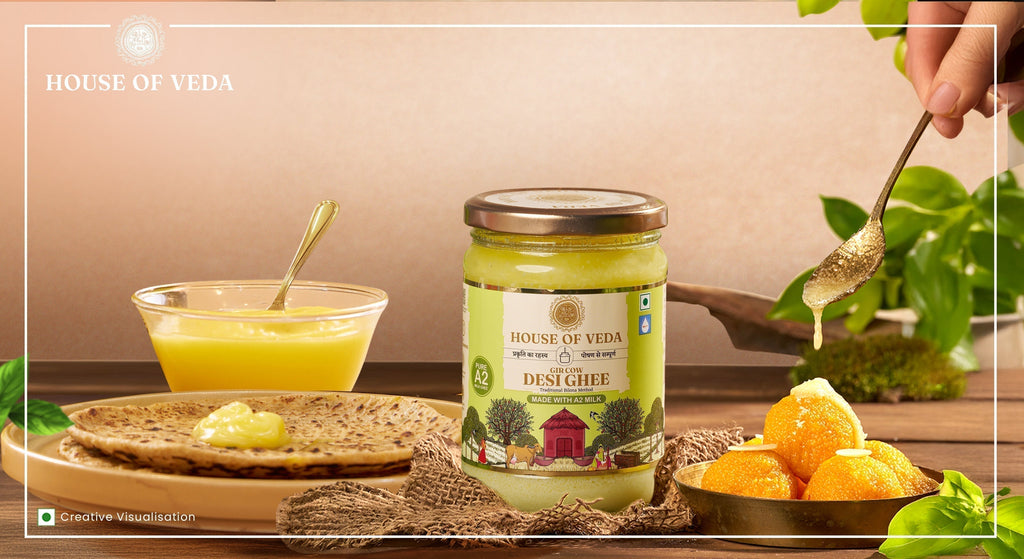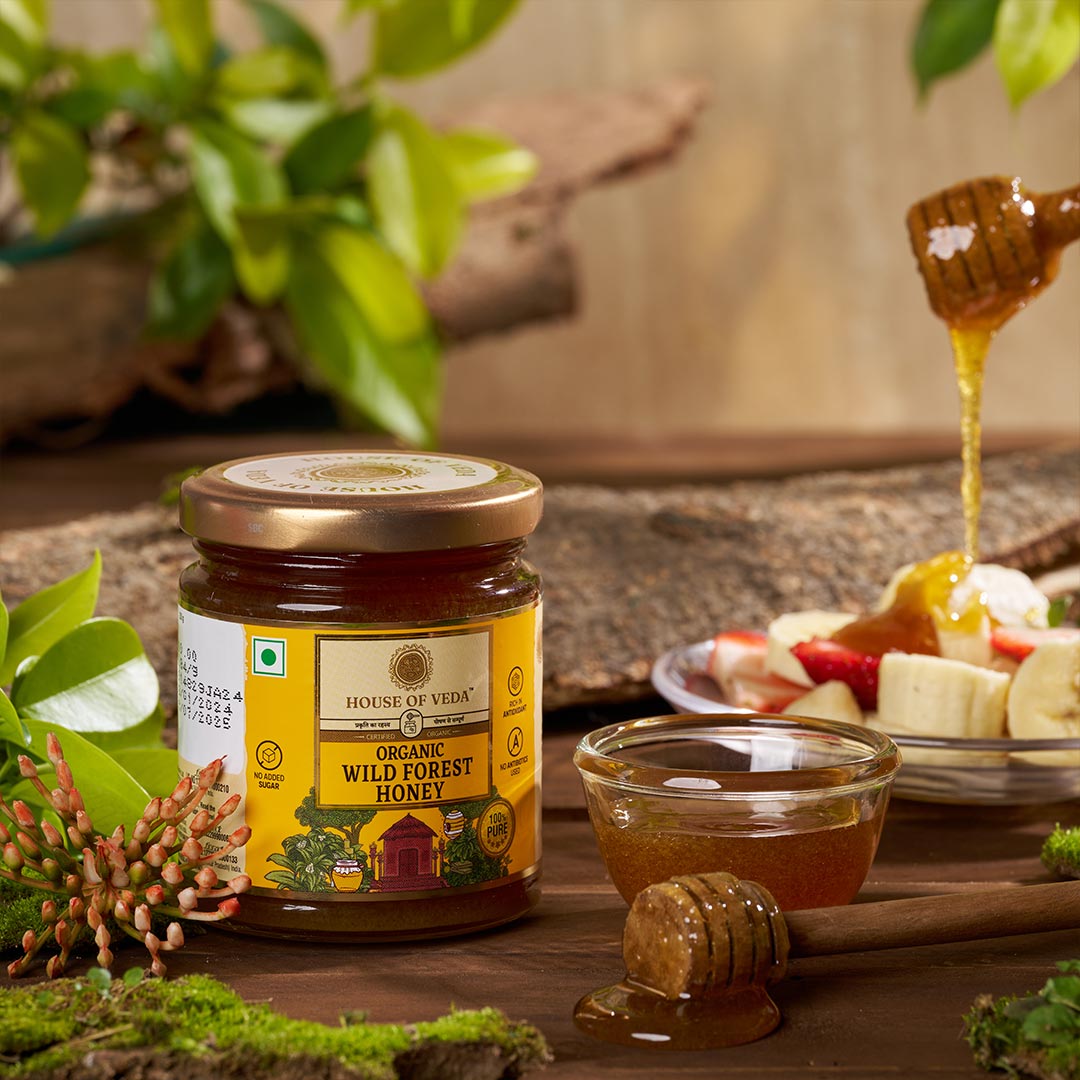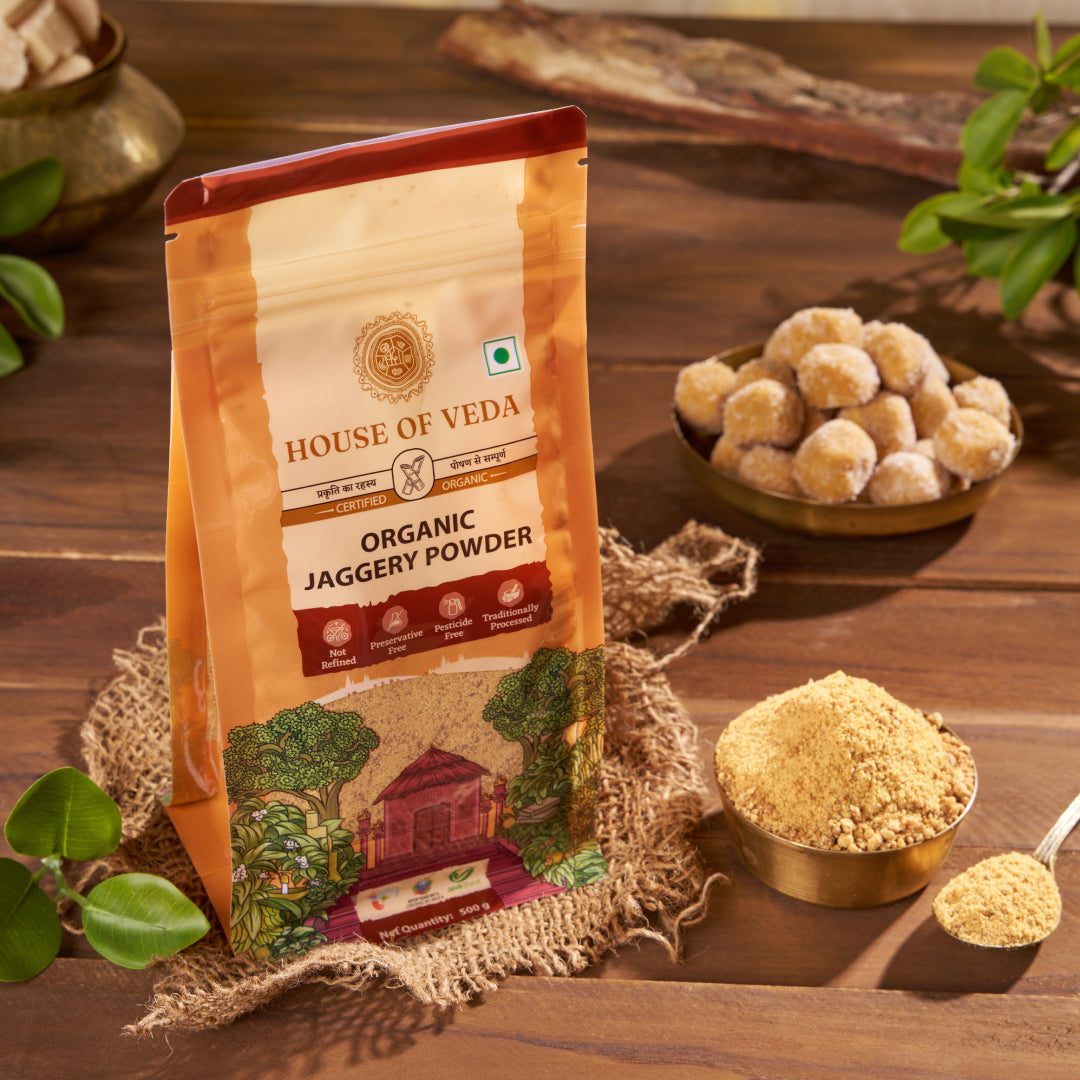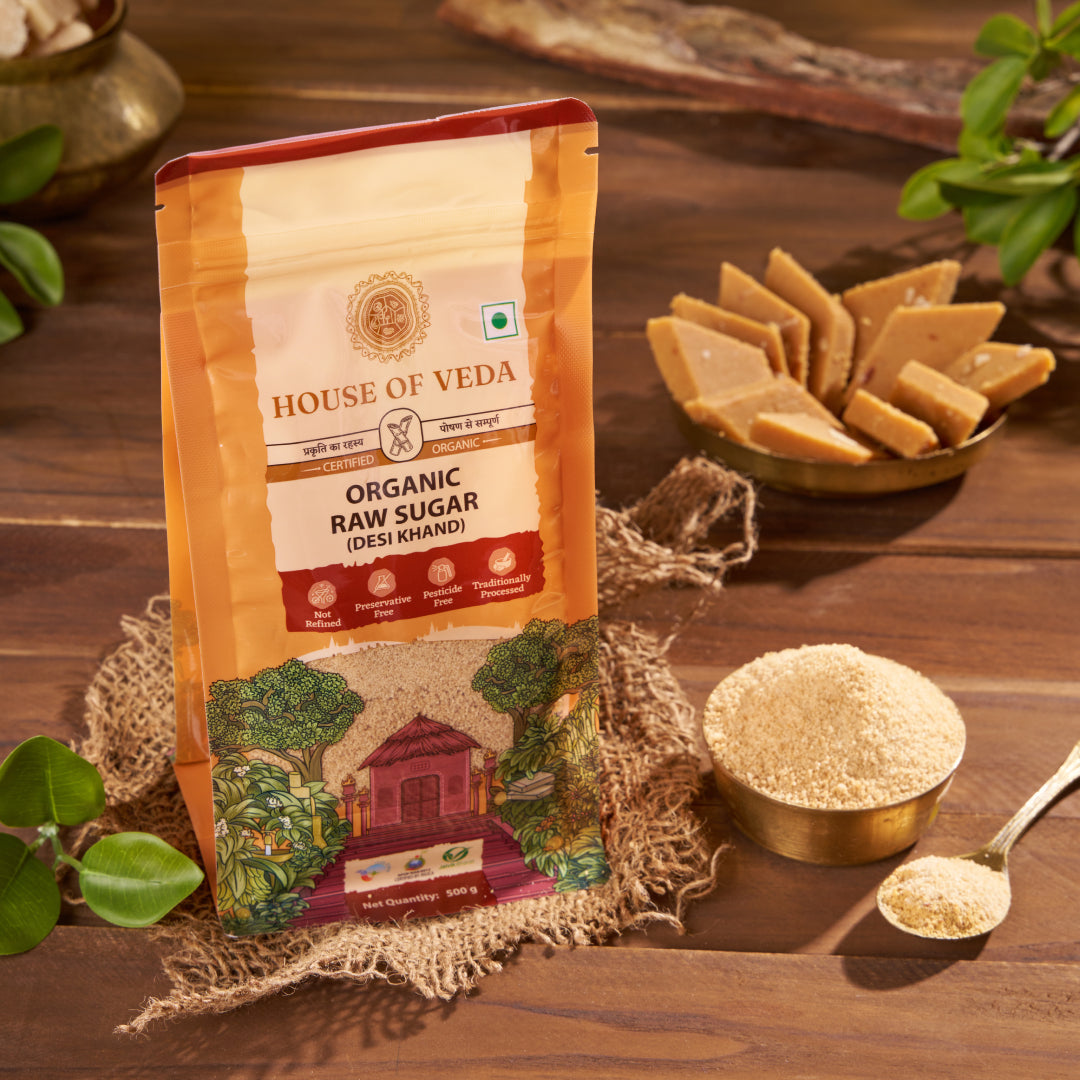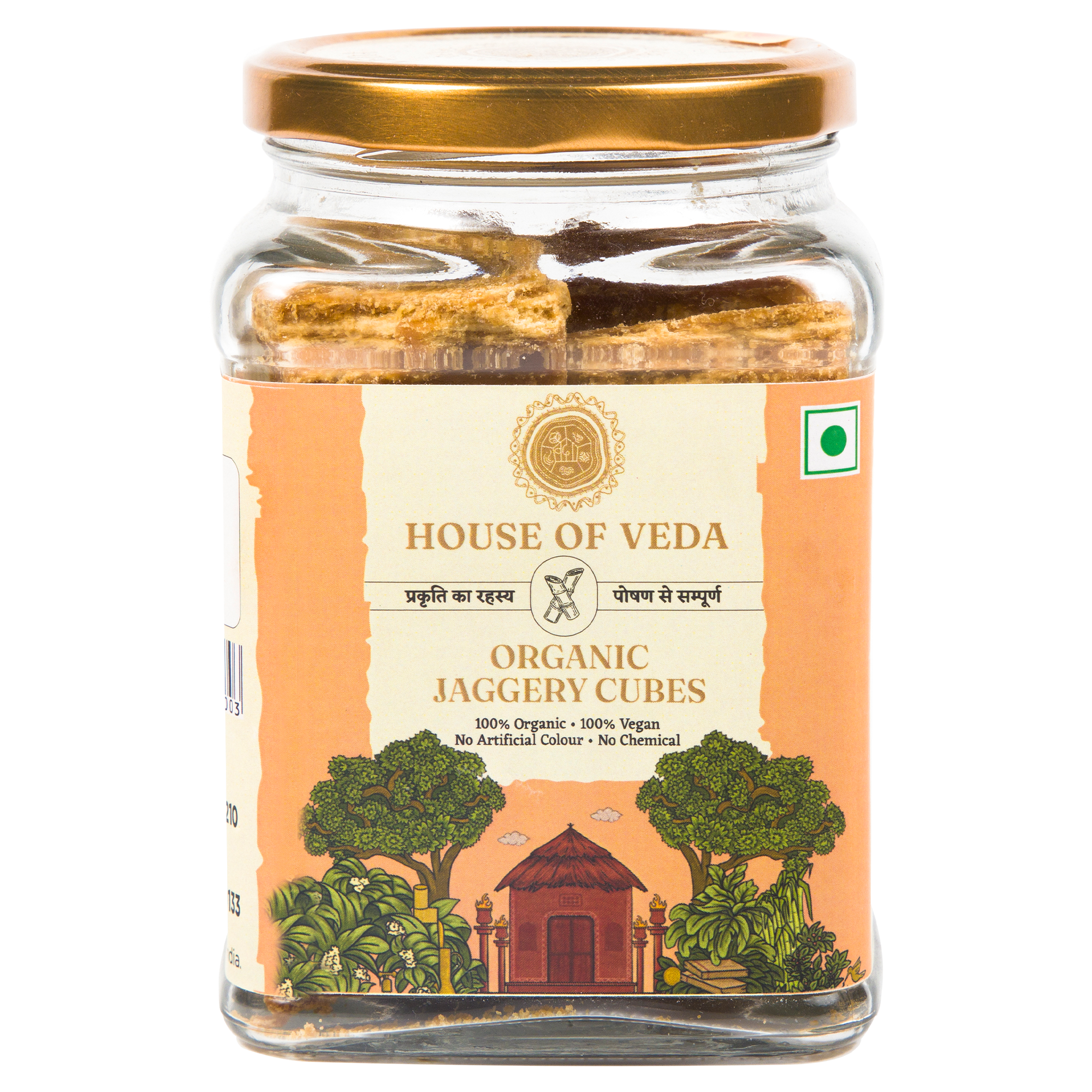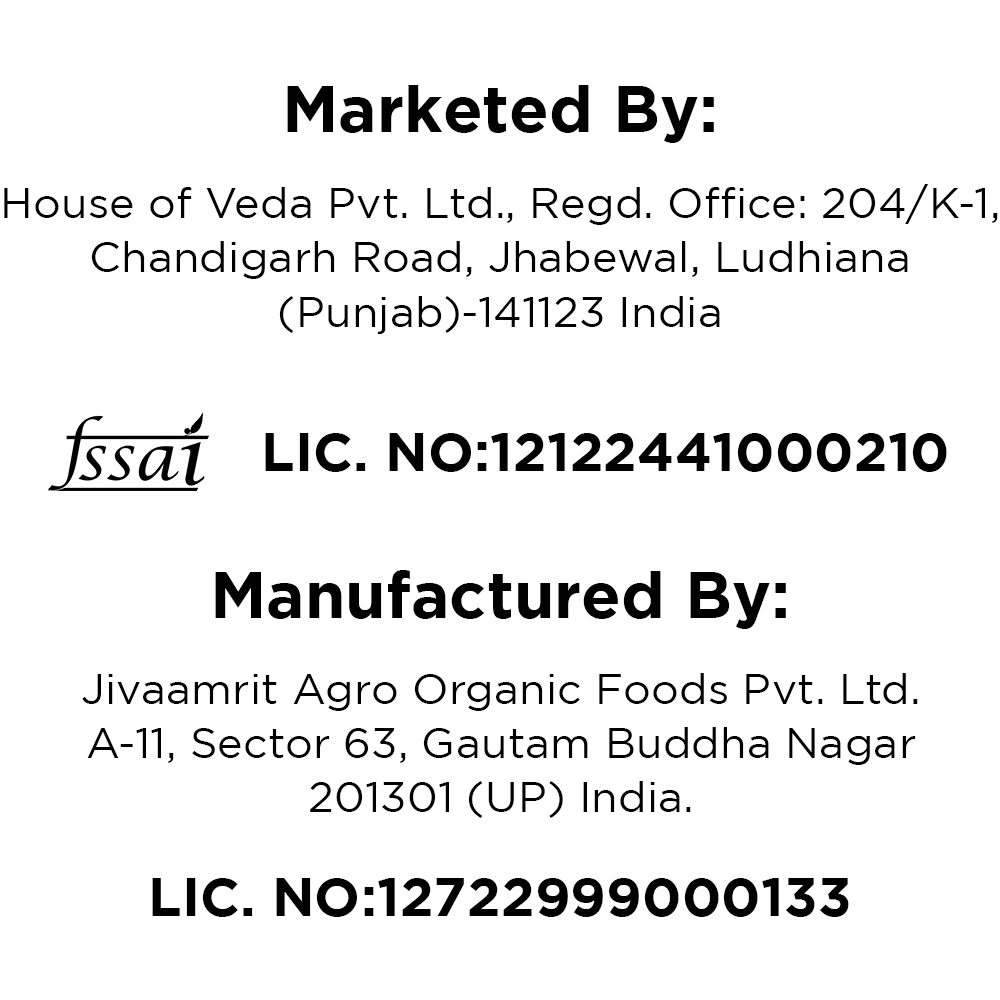
Cold pressed Virgin Coconut Oil vs Regular Coconut Oil

Cold-pressed virgin coconut oil is derived from fresh coconut meat without the application of heat or chemicals. The term "cold-pressed" refers to the mechanical process where the oil is extracted at temperatures below 49°C (120°F), ensuring that the nutrients, aroma, and flavor of the coconut remain intact. “Virgin” denotes that the oil is extracted from fresh coconuts (not copra) and is unrefined, unbleached, and non-deodorized. This pure form of coconut oil retains its natural antioxidants, vitamins, and essential fatty acids, making it a preferred choice for health-conscious individuals.
Unlike expeller-pressed oils that may use high temperatures, cold-pressing minimizes oxidation and thermal degradation. This method helps in preserving key nutrients such as lauric acid, caprylic acid, and vitamin E. Cold-pressed virgin coconut oil is rich in medium-chain triglycerides (MCTs), which are metabolized differently in the body and provide quick energy.
What Are the Different Types of Coconut Oil?

1.Cold-Pressed Virgin Coconut Oil: Extracted from fresh coconut meat through mechanical pressing without heat. Nutrient-dense and aromatic, suitable for skin, hair, and dietary purposes.
2.Refined Coconut Oil (RBD): Stands for Refined, Bleached, and Deodorized. Made from dried copra using high-heat and chemical processing. Lacks coconut aroma and has fewer nutrients.
3.Hydrogenated Coconut Oil: This oil undergoes hydrogenation to increase shelf-life, leading to the formation of trans fats which are harmful to heart health. It is solid at room temperature and not recommended for regular consumption.
4.Centrifuge-Extracted Coconut Oil: Extracted using a high-speed centrifugal process, this type of oil has a light flavor and texture. It retains most nutrients and is similar to cold-pressed oil in terms of quality.
5.Organic Certified Coconut Oil: Grown and processed without synthetic fertilizers, pesticides, or GMOs. Can be virgin or refined, as long as organic farming methods are followed.
6.Fractionated Coconut Oil (MCT oil): This oil contains only medium-chain fatty acids like caprylic and capric acid. It remains liquid at room temperature and is widely used in supplements and skincare products.
How Is Cold-Pressed Virgin Coconut Oil Made?
The process of making cold-pressed virgin coconut oil begins with selecting fresh and mature coconuts. The white coconut meat is then grated and either dried at low temperatures or used wet for immediate extraction.
Wet Process: In this method, the fresh coconut meat is ground and then pressed to extract coconut milk. The milk undergoes fermentation, enzymatic processing, or mechanical centrifugation to separate the oil from water and solids.
Fermentation: The extracted coconut milk is left to ferment for 24–36 hours, allowing the oil to naturally separate.
Centrifuge: A mechanical spinner separates oil by spinning at high speed.
Cold Compression: Involves directly pressing the coconut meat at temperatures below 49°C.
Throughout the process, no bleaching, refining, or deodorizing is done. Traditional methods often involve manual grating and sun-drying, while mechanical methods use electric machines but still avoid heat and chemicals.
What Is the Difference Between Cold-Pressed and Regular Coconut Oil?
Coconut oil is a versatile and popular natural oil with a wide range of uses, from cooking to skincare. However, not all coconut oils are created equal. Two of the most common types are cold-pressed coconut oil and regular (refined) coconut oil. Understanding the difference between these two can help you make an informed choice for your health, beauty, and culinary needs.
1. Source Material
- Cold-Pressed Coconut Oil: Extracted from fresh coconut meat without using heat or chemicals. This process ensures that the oil retains its natural aroma, flavor, and nutrient profile.
- Regular (Refined) Coconut Oil: Made from dried coconut kernels known as copra. The process involves drying the coconut meat, which is then pressed, refined, and bleached to produce oil. This process often uses high heat and chemicals.
2. Extraction Process
-
Cold-Pressed Coconut Oil: Uses a mechanical press to extract oil at low temperatures (below 45°C), maintaining the natural goodness of the coconut.
-
Regular (Refined) Coconut Oil: Involves heating the copra to high temperatures, followed by chemical solvents for maximum extraction. The oil is then refined, which removes many natural compounds.
3. Nutrient Retention
- Cold-Pressed Coconut Oil: Retains a higher number of natural antioxidants, vitamins (like vitamin E), and medium-chain triglycerides (MCTs), which are beneficial for metabolism and immunity.
- Regular (Refined) Coconut Oil: Loses most of its natural antioxidants and nutrients due to high heat and refining processes.
4. Taste and Aroma
- Cold-Pressed Coconut Oil: Has a fresh, natural coconut aroma and a mild, sweet flavor, making it ideal for both culinary and skincare uses.
- Regular (Refined) Coconut Oil: Has a neutral taste and smell, making it versatile for high-heat cooking but lacking the characteristic coconut flavor.
5. Appearance and Consistency
-
Cold-Pressed Coconut Oil: Appears clear to milky white and solidifies at cooler temperatures without turning yellow.
-
Regular (Refined) Coconut Oil: May have a yellowish tint due to heat exposure during processing.
6. Health Benefits
-
Cold-Pressed Coconut Oil: Rich in antioxidants, antibacterial properties, and healthy fats (MCTs), supporting immunity, heart health, and skin nourishment.
-
Regular (Refined) Coconut Oil: Offers basic moisturizing properties but lacks the therapeutic benefits of cold-pressed oil.
7. Ideal Uses
-
Cold-Pressed Coconut Oil: Best for skincare, hair care, oil pulling, low-heat cooking, salad dressings, and as a dietary supplement.
-
Regular (Refined) Coconut Oil: Suitable for high-heat cooking, baking, and recipes where a neutral flavor is preferred.
Which is Better?
If you prioritize maximum nutrient retention, natural aroma, and versatile health benefits, cold-pressed coconut oil is the superior choice. It retains essential nutrients, antioxidants, and a fresh coconut flavor, making it ideal for skincare, low-heat cooking, and wellness routines.
Is Cold-Pressed Oil Good for Health?

Yes, cold-pressed virgin coconut oil offers multiple health benefits due to its high content of lauric acid, capric acid, and medium-chain triglycerides (MCTs).
- Lauric Acid: Known for antimicrobial and antiviral properties, it helps in fighting pathogens.
- MCTs: Rapidly absorbed by the liver and used as a quick energy source. They aid in metabolism and weight control.
- Heart Health: While coconut oil is saturated fat, studies suggest virgin coconut oil may help raise HDL (good cholesterol) without significantly impacting LDL.
- Brain Function: MCTs are being researched for their role in cognitive health and are particularly noted in studies related to Alzheimer’s disease.
- Indian Context: As per FSSAI and PDSF-approved standards, cold-pressed oils with minimal processing are considered safe and nutritionally superior when used in moderation.
What Are the Benefits of Cold-Pressed Virgin Coconut Oil?

1. Topical Benefits of Cold-Pressed Virgin Coconut Oil
Skin Hydration and Moisture Retention
Cold-pressed virgin coconut oil is an excellent moisturizer for dry and dehydrated skin. As its is packed with essential fatty acids, it helps replenish the skin’s moisture barrier, leaving your skin feeling soft, smooth, and hydrated. Unlike many commercial moisturizers, VCO doesn’t contain artificial chemicals, making it a natural alternative for sensitive skin.
Wound Healing and Scar Reduction
One of the most impressive benefits of cold-pressed virgin coconut oil is its ability to accelerate wound healing. Research has shown that VCO boosts collagen production, which is essential for the healing of cuts, bruises, and other skin injuries. Applying VCO to minor wounds or scars can help minimize scarring and reduce inflammation, promoting faster recovery.
Hair Care and Scalp Health
Cold-pressed virgin coconut oil is a powerhouse when it comes to hair care. It deeply penetrates the hair shaft, providing essential nourishment and helping to prevent protein loss, which can result in brittle, damaged hair. Its high content of lauric acid helps reduce scalp dryness and dandruff while keeping hair moisturized. The oil also works as a natural conditioner, adding shine, smoothness, and vitality to your hair.
2. Dietary Benefits of Cold-Pressed Virgin Coconut Oil
Weight Management and Metabolism Boost
Including cold-pressed virgin coconut oil in your diet can assist with weight management. The medium-chain triglycerides (MCTs) found in VCO are rapidly absorbed by the body and converted into energy rather than being stored as fat. This results in improved metabolism, increased energy expenditure, and enhanced fat burning. Additionally, MCTs promote satiety, helping you feel fuller for longer and preventing overeating.
Immunity Boost and Infection Protection
Virgin coconut oil is rich in lauric acid, a compound that has been shown to support the body’s immune system. Lauric acid is known for its antiviral, antibacterial, and antifungal properties, which can help protect your body from harmful pathogens. Consuming a tablespoon of cold-pressed virgin coconut oil daily may help strengthen the body’s defence mechanisms, boosting your immune response and reducing the risk of common illnesses like colds, flu, and infections.
Anti-inflammatory and Antioxidant Properties
The anti-inflammatory and antioxidant qualities of cold-pressed virgin coconut oil make it a valuable addition to a healthy diet. Chronic inflammation and oxidative stress are linked to various diseases, including heart disease, diabetes, and cancer. Regular consumption of VCO can help reduce internal inflammation, alleviate pain, and minimize oxidative damage, ultimately promoting long-term health and well-being.
Research and Evidence Supporting Virgin Coconut Oil
A study published in the Journal of Food Science and Technology (2016) explored the antioxidative and antimicrobial benefits of virgin coconut oil. The study found that VCO exhibited significant antioxidative effects, helping to neutralize harmful free radicals in the body. The research also highlighted its antimicrobial activity, which aids in protecting against harmful bacteria and viruses.
A study published in the Journal of Food Science and Technology (2016) demonstrated the antioxidative and antimicrobial benefits of virgin coconut oil in human trials.
How to Choose the Best Coconut Oil for Cooking?
When choosing coconut oil for cooking:
- Smoke Point: Cold-pressed virgin coconut oil has a smoke point of ~177°C, ideal for medium-heat cooking and sautéing, but not deep frying.
- Flavor: Choose virgin oil if you want a distinct coconut taste; go for refined if you prefer neutral flavors.
- Shelf-Life: Virgin oil lasts up to 2 years if stored in a cool, dark place.
- Nutritional Profile: Cold-pressed retains the maximum nutrients compared to other types.
Ideal uses include stir-frying, salad dressings, baking, and bulletproof coffee.
Can You Use Cold-Pressed Virgin Coconut Oil for Skin and Hair?
Yes, it is highly beneficial for external use:
- Skin: Serves as a natural emollient for dry and flaky skin. Its antimicrobial properties make it effective against acne-causing bacteria.
- Hair: Penetrates deep into the hair shaft, providing intense conditioning. Useful for treating dandruff due to caprylic acid.
- Scalp Health: Fights infections, improves blood circulation, and stimulates hair growth.
A randomized clinical study (published in Dermatitis, 2014) confirmed virgin coconut oil’s effectiveness in treating mild to moderate xerosis (dry skin).
Final Thoughts: Which Coconut Oil Is Best for You?
To choose the right coconut oil, it’s essential to align it with your purpose. For skin care and hair nourishment, cold-pressed virgin coconut oil offers unmatched purity and effectiveness. If you're deep frying, refined coconut oil is more heat-stable, while baking can benefit from either virgin or refined types depending on flavor preferences. For keto diets, fractionated MCT oil delivers fast energy. Ultimately, if your goal is maximum nutrition, versatility, and clean wellness, cold-pressed virgin coconut oil stands out as the best all-around choice.
Experience purity with every drop—Shop House of Veda Organic Virgin Coconut Oil today and make a healthy switch for your skin, hair, and kitchen!
|
Purpose |
Recommended Type |
|
Skin Care |
Cold-Pressed Virgin |
|
Hair Oil |
Cold-Pressed Virgin |
|
Deep Frying |
Refined Coconut Oil |
|
Baking |
Virgin or Refined |
|
Keto Diets |
Fractionated MCT Oil |
FAQs
1.Is Cold-Pressed Oil Safe for Babies?
Yes, when used topically. For dietary use, consult a pediatrician. It's gentle on the skin and effective against diaper rash.
2.Does Virgin Coconut Oil Expire?
Yes. It typically has a shelf life of 18–24 months. Store in a cool, dark place away from moisture.
3.Can You Fry with Virgin Coconut Oil?
It is suitable for light frying or sautéing but not deep frying due to its moderate smoke point.
4.Is Cold-Pressed Coconut Oil Better Than Olive Oil?
Both have unique benefits. Olive oil has more monounsaturated fats and is great for heart health; coconut oil provides MCTs and antimicrobial properties. Use based on dietary needs.
5.How to Store Virgin Coconut Oil?
Store in an airtight container in a cool, dry place. It solidifies below 24°C but this does not affect quality.
"The House Of Veda Stands By The V-E-D-A Principles. Every Blog We Write And Every Product We Offer Is Built On Verified Experience And Expertise. We Are Committed To Dependability And Authenticity, Ensuring That Our Community Receives Nothing But The Best In Organic Wellness."
"V-E-D-A" (Experience, Dependability, Authority, And Authenticity)


